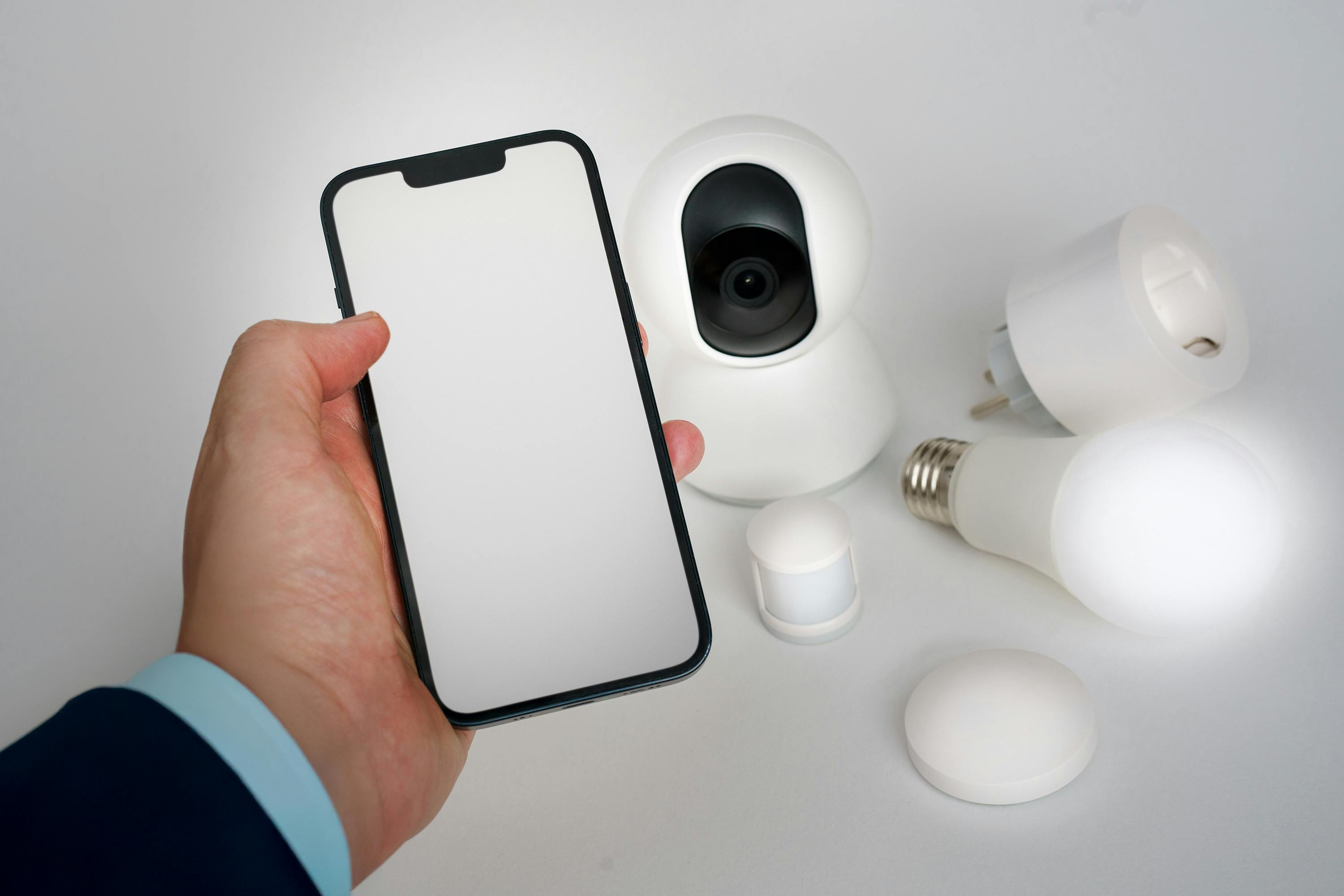
Effective Ways to Explore Sexuality in 2025: Learn More About Healthy Connections
Effective Ways to Explore Sexuality in 2025: Learn More About Healthy Connections
In 2025, understanding and exploring sexuality is more important than ever, especially in a world that continually evolves in its recognition of sexual identity and sexual rights. As we navigate sexual health and relationships, we must embrace inclusivity, prioritize consent, and foster open communication. This article will delve into practical strategies for exploring sexuality, enhancing sexual wellness, and nurturing healthy connections in diverse communities.
We will examine key aspects such as sexual orientation, intimacy, and emotional connections. Additionally, the ongoing shifts in societal attitudes will help shape our exploration of desire and expression. By understanding the determined dynamics of healthy relationships, individuals can cultivate fulfilling and respectful romantic engagements.
Here’s what you can expect from this article:
- Insights into navigating sexual exploration and wellness
- Discussion on the role of consent and sexual rights in modern relationships
- Tools for sexual education and awareness in a diverse society
- Expert perspectives on fostering intimacy and connection
- Recommendations for fighting stigma and promoting healthy expressions of sexuality

Essential Components of Sexual Health and Education
Building a foundation for understanding sexuality begins with comprehensive sexual education. In educational settings, programs must address sexual rights, sexual orientation, and the spectrum of gender identities to prepare the next generation adequately.
Understanding Sexual Orientation and Identity
One of the most critical aspects of sexual education is understanding sexual orientation and gender identity. As societal norms shift, it is vital for educational programs to foster acceptance of LGBTQ+ individuals. Recognizing the diverse ways individuals identify helps combat sexual discrimination and discrimination based on gender expression.
The Role of Consent in Healthy Relationships
Consent is an integral part of any sexual exploration process. Teaching the importance of affirmative, enthusiastic consent enhances the awareness of sexual boundaries. In 2025, it’s essential to understand that consent is not only a necessity; it is a right that must be advocated and respected.
Exploring Sexual Wellness and Empowerment
Sexual wellness encompasses not only physical health but also emotional and psychological aspects. Encouraging open dialogues about sexual satisfaction and challenges fosters a culture of honesty, reducing the stigma surrounding sexual discussions. Programs that emphasize sex positivity can facilitate healthier conversations, which are crucial for empowering individuals in their sexual journeys.

Healthy Communication in Sexual Relationships
Effective communication forms the backbone of any healthy relationship, particularly when it comes to sexual interactions. In a rapidly changing society, individuals must develop skills to navigate discussions about sexual desires and preferences while maintaining sexual autonomy.
Practicing Open and Honest Dialogue
Fostering a relationship that encourages open dialogues about desires and boundaries is fundamental to sexual satisfaction. Partners should feel free to express their needs and preferences without fear of judgment or backlash. This practice can lead to enriched intimacy and understanding, further enhancing the sexual experience.
Addressing Sexual Myths and Misconceptions
Myths related to sexuality often perpetuate stigma and misinformation. These misconceptions can affect relationships and overall sexual well-being. It is crucial to educate individuals on the realities of sexual health and relationships. Dismantling these myths can lead to more fulfilling and authentic connections.
Encouraging Sexual Self-Care Practices
Sexual self-care involves acknowledging personal needs and taking the necessary steps to fulfill them. This can range from understanding one’s body to engaging in practices that foster sexual desire and wellness. By prioritizing self-care, individuals are better positioned to engage in healthier, more satisfying relationships.
Understanding Sexual Diversity and Ethics
Sexual diversity is a hallmark of human experience and encompasses a broad range of identities, orientations, and behaviors. Understanding sexual diversity allows for a more inclusive approach to education and support systems, fostering a culture of acceptance and respect.
Exploring the Spectrum of Sexual Behavior
Sexual behavior is diverse and should be viewed through a compassionate, multifaceted lens. Addressing the variances in sexual practices enables a broader understanding of what individuals might consider normal or acceptable. This practice can open discussions surrounding sexual empowerment and liberation.
The Intersection of Sexuality and Culture
Culture plays a significant role in shaping sexual attitudes and behaviors. Different societies exhibit unique beliefs and norms surrounding sexuality, which can impact individuals significantly. Awareness of these cultural factors can lead to more profound empathy and understanding of varying sexual experiences.
Advocating for Sexual Rights and Policies
Activism surrounding sexual rights and the protection of individuals from sexual harassment and abuse is essential. By uniting in advocacy for sexual minorities, communities can work to dismantle pervasive stigmas and promote equitable treatment. Current issues, such as reproductive health rights and education, continue to require attention to ensure that everyone enjoys sexual freedom and autonomy.
The Future of Sexual Education and Counseling
As we progress into the future, it’s crucial to adapt sexual education and counseling to address the evolving landscape of sexuality. Integrating technology and innovative methodologies can enhance the learning experience and accessibility of information.
Utilizing Digital Platforms for Education
In 2025, digital platforms offer an expansive avenue for sharing sexual education resources. Online workshops and forums can provide a safe space for discussions around sexuality and related topics, increasing accessibility for all individuals. Such programs may focus on common challenges faced by different groups, ensuring that everyone has the opportunity to learn and grow.
Incorporating Inclusive Sexual Health Technology
Advancements in technology have paved the way for individualized sexual health interventions. From mobile apps facilitating sexual self-care awareness to platforms promoting sexual health discourse, integrating technology into counseling practices can foster enhanced communication between partners. This individualized approach can lead to more personalized support and guidance.
Empowering Communities with Education Programs
Creating educational frameworks tailored to specific communities enhances understanding and acceptance of diverse sexual identities. Programs that focus on sexual exploration and the spectrum of intimate relationships can foster deeper connections and improved sexual wellness for all community members.
Q&A Section: Debunking Sexual Myths and Misconceptions
Q1: What are some common misconceptions about sexual health?
A1: Some common misconceptions include the belief that all sexual orientations are static or that consent does not apply to established relationships. It’s vital to educate on the fluidity of sexual orientation and the necessity of continued consent in all interactions.
Q2: How can I talk to my partner about sexual desires?
A2: Approach the conversation with honesty and openness. Create a safe environment free from judgment, allowing both partners to express their needs and preferences comfortably.
Q3: What role does consent play in sexual relationships?
A3: Consent is crucial for establishing trust and mutual respect in a relationship. It involves negotiating boundaries and ensuring that both partners feel comfortable and valued in their decisions.
Q4: How can I promote sexual empowerment in my community?
A4: Promote discussions around sexual health, support advocacy efforts for sexual rights, and offer educational programs that encourage understanding and acceptance of diverse sexual identities.
Q5: What resources can I explore to learn more about sexual health?
A5: Consider accessing reputable online resources, local workshops, or counseling services focused on sexual education. Sites like this link provide invaluable insights on these topics.
By openly exploring sexuality in a healthy manner, society can foster an environment where intimate relationships flourish and individual rights are honored and respected.